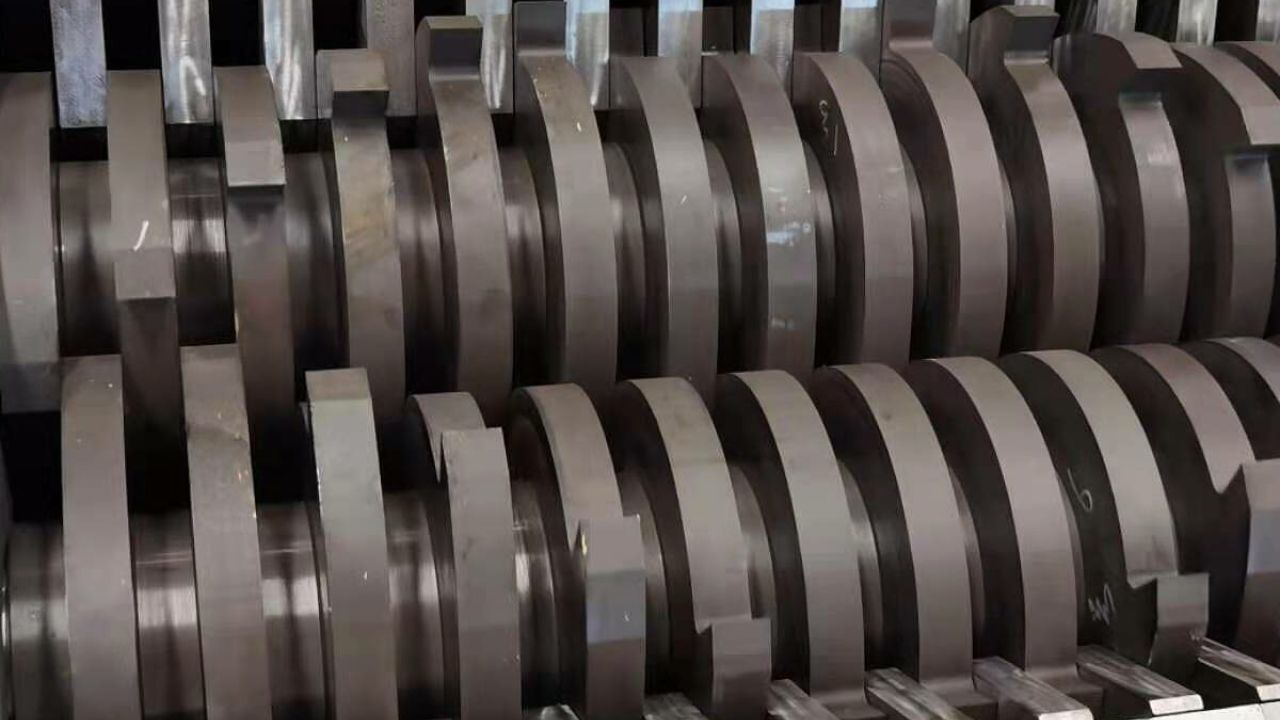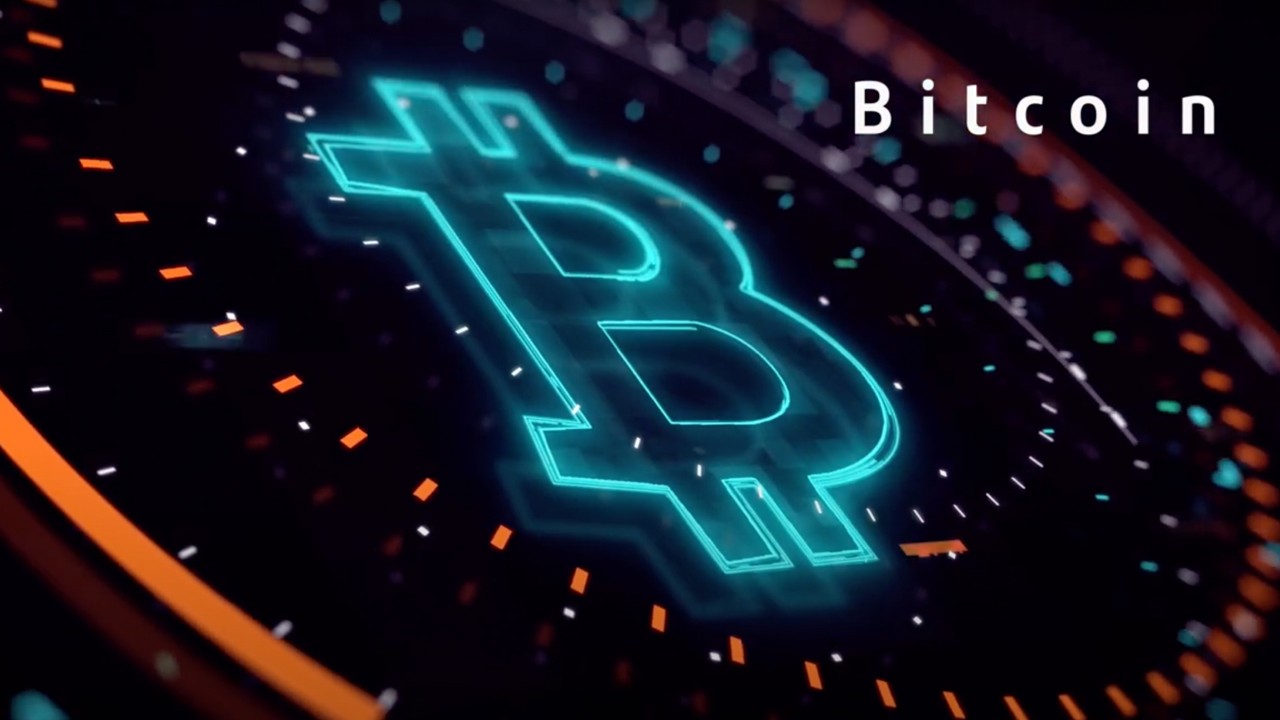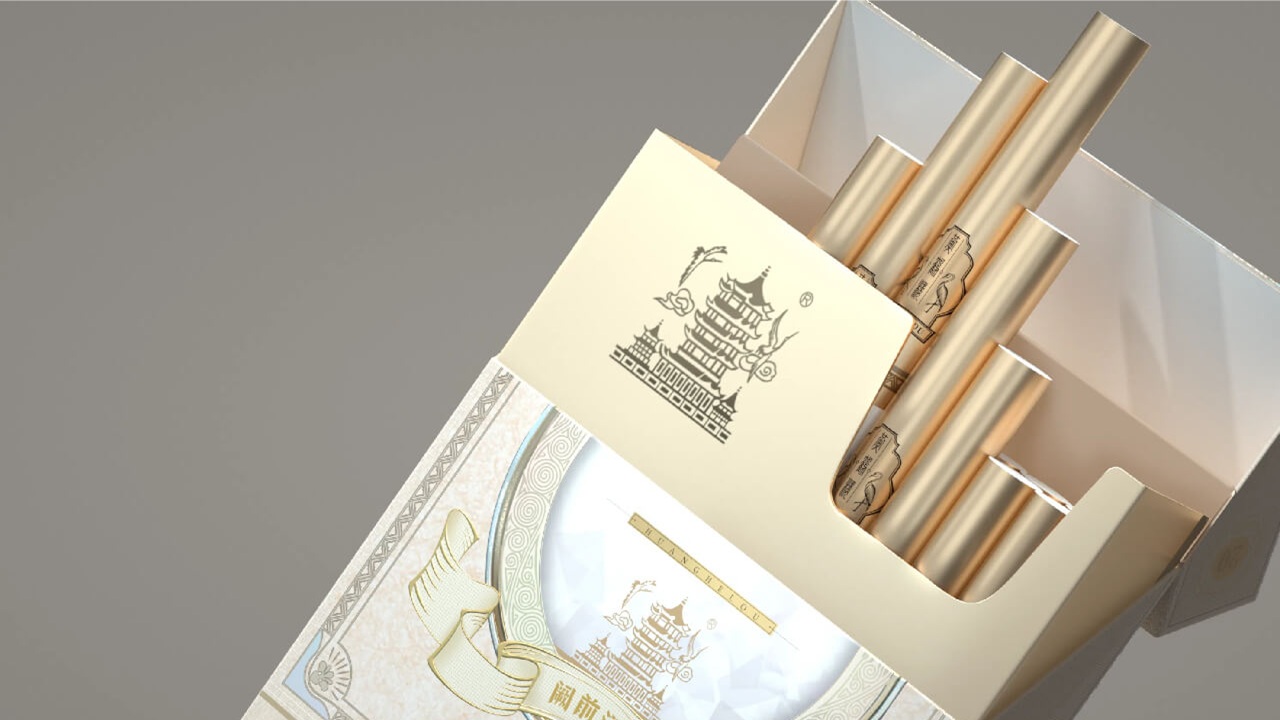
How FIFA Coins Contribute to the Economic Value of Virtual Football Culture
FIFA being one of the most popular sports video game brands has changed the way football is followed and played in the modern world. FUT has been the biggest addition to the game and it has not only made the game about playing matches but also about FIFA coins. These virtual coins are used as currency in the game and players can use them to purchase and sell players, consumables, and other commodities to create the best team possible. However, beyond their function within the gameplay of FIFA, FC 25 coins are essential in the commercialization of virtual football culture. This article seeks to analyze the use of FIFA coins in the process of selling virtual football, their economic value, and the factors that have made them core components of the game.
The Backbone of FUT’s Economy
FIFA Ultimate Team or FUT is one of the most played modes in the FIFA series and FIFA coins are the center of this particular game mode. Fifa coins are earned or bought and players use these coins to buy packs or single players to make their team stronger. Players can be obtained through gameplay in the form of coins, for example, by winning games, SBCs, or selling players in the transfer market, but the process is usually time-consuming. This has created a black market through which one can purchase the FIFA coins for real money making the coins a monetized product.
FIFA coins are in other words the life wire of the virtual football economy. Almost every deal made in the game, for a superstar player, food, and even the improvement of the squad is based on coins. This forms a cycle of demand and supply of both in game and real economy transactions thus encouraging the game activity.
Monetizing the Experience through Microtransactions
Thus, FIFA coins are not only the means to make actual purchases within the virtual football culture. FIFA’s developer EA Sports ensures they benefit from microtransactions by offering FIFA Points, which are used to buy packs or players in FUT mode. Even though FIFA Points cannot be exchanged for FIFA coins, they are essential in getting them since packs usually consist of valuable players who can be sold in the transfer market for coins. This is a very profitable model for EA Sports. Users spend their cash on FIFA Points to get better players that they can use or sell for coins. This cycle makes the players spend more hence increasing the revenue of the game. For example, in 2021, EA stated that microtransactions, especially from Ultimate Team, brought more than $1. Up to 62 billion in revenue, which proves how important FIFA coins and FUT are in making money out of the game.
The Effect of FIFA Coins on Virtual Football Culture
FIFA coins have also changed how players interact with the football culture on the virtual platform. In normal football, money is an influential factor that defines which clubs can be able to acquire the best players in the market, and this also applies in FUT. The more the number of coins a player has, the higher the possibility of getting better players. It has led to the monetization of virtual football culture and, therefore, made it competitive, with more coins making the players more competitive. It has also helped in creating a feeling of desire within the gamers. Most of the players have the desire to assemble teams that are as strong as professional football teams and this can be achieved through FIFA coins. This in return feeds the FIFA gaming culture where people including the influencers and content creators showcase their elite squads and packs on their streams which enhances the desire for more coins and better players.
Conclusion
FIFA coins thus are at the core of the FIFA gaming experience, acting as the medium of exchange for the Ultimate Team economy and more broadly, the monetization of virtual football culture. From microtransactions to the secondary market, FIFA coins have redefined the way football fans consume football in its video game format. Although the system has proven to be highly lucrative and generated a virtual economy that is quite robust, it also poses certain issues on equity and the possibility of abuses. So, as FIFA and other sports games develop further, the importance of virtual currency like FIFA coins will stay in their business strategies and will affect the gaming process and the community that appears around it.


